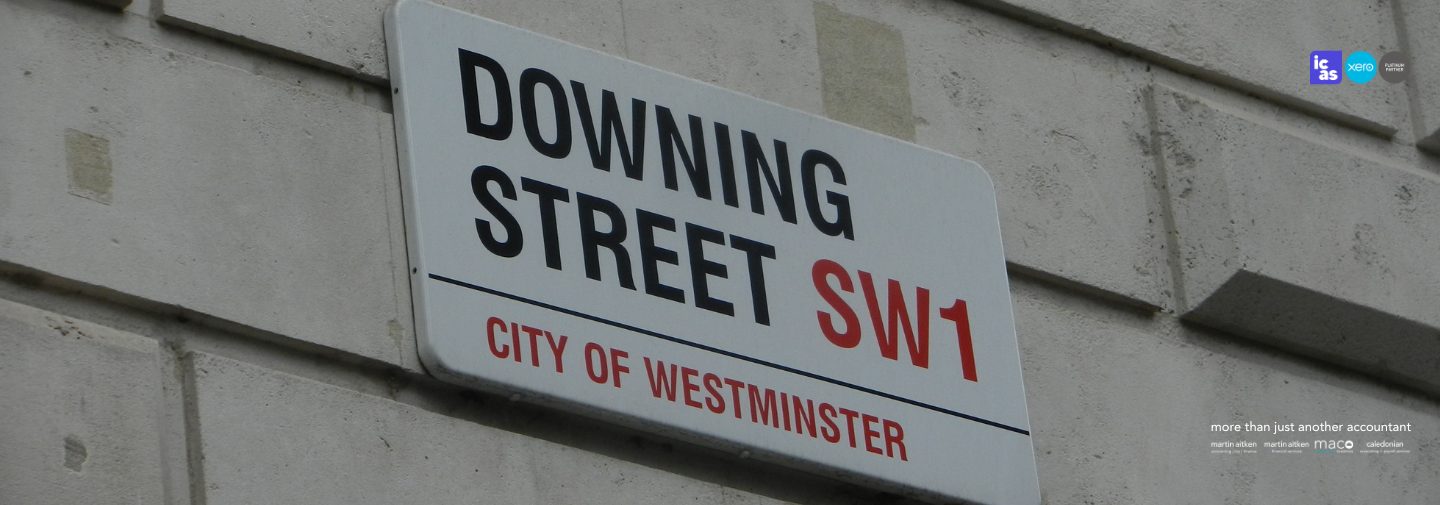Chancellor Jeremy Hunt has presented the details of his Autumn Statement in the House of Commons.
This statement delineates the government’s fiscal strategy for the upcoming year, impacting the take-home income and household financial plans of millions. Additionally, it outlines the allocated expenditures for crucial public services.
Here, we provide an overview of the key measures.
Benefits and pensions
- Universal Credit and other working-age benefits to increase by 6.7% from April, in line with September’s inflation rate
- Local Housing Allowance rates – which determine the level of housing benefit and Universal Credit people receive to pay rent – to be unfrozen and increased to 30% of local rents
- Work Capability Assessment to be reformed to reflect availability of home working after Covid pandemic Funding of £1.3bn over the next five years to help people with health conditions find jobs
- Further £1.3bn to help people who have been unemployed for over a year
- Claimants deemed able to work but refuse to seek employment to lose access to their benefits and extras like free prescriptions
- State pension payments to increase by 8.5% from April, in line with average earnings
Taxation and wages
- Main rate of National Insurance cut from 12% to 10% from 6 January, affecting 27 million people
- Class 2 National Insurance – paid by self-employed people earning more than £12,570 – abolished from April
- Class 4 National Insurance for self employed – paid on profits between £12,570 and £50,270 – cut from 9% to 8% from April
- Legal minimum wage – known officially as the National Living Wage – to increase from £10.42 to £11.44 an hour from April
- New rate to apply to 21 and 22-year-old workers for the first time, rather than just those 23 and over
Business and infrastructure
- “Full expensing” tax break – allowing companies to deduct spending on new machinery and equipment from profits – made permanent
- The 75% business rates discount for retail, hospitality and leisure firms extended for another year
- Households living close to new pylons and transmission infrastructure to get up to £1,000 a year off energy bills for a decade

